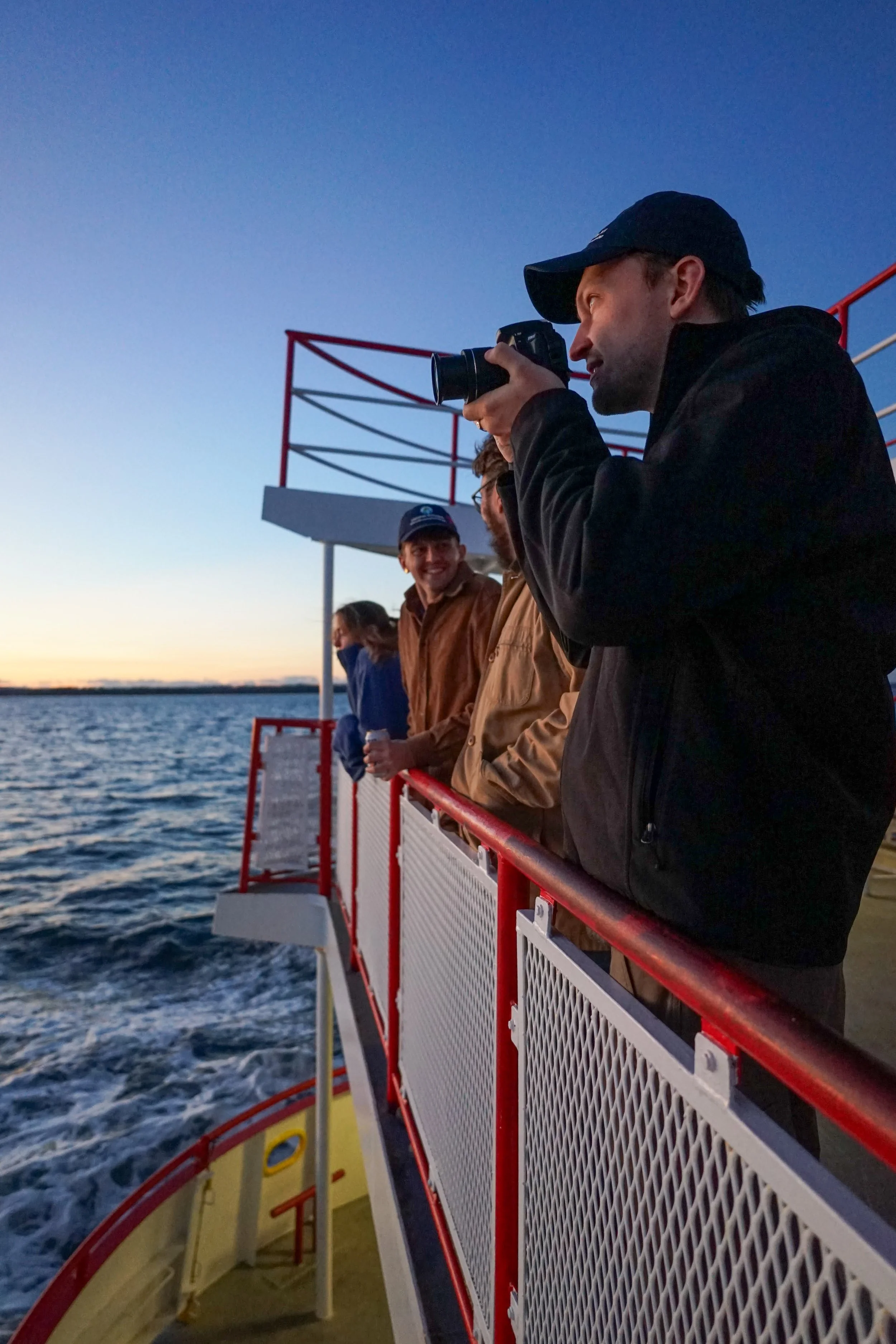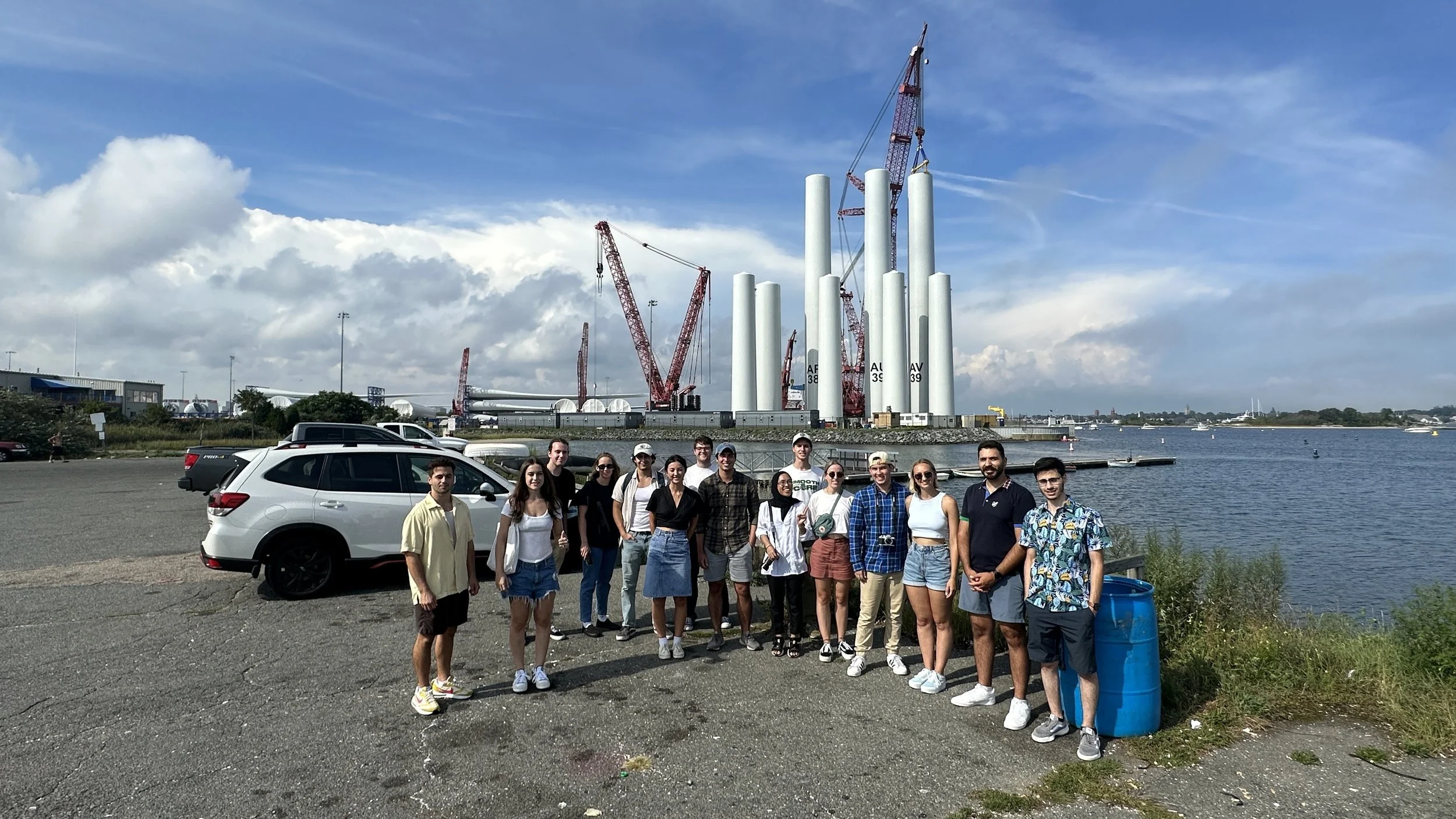The National Design Studio Grant program supports graduate and undergraduate design studios exploring adaptive solutions to climate change in their rural, urban or mid-sized communities.
Design faculty running spring 2026 design studios that explore adaptive solutions to climate change in their rural, urban or mid-sized communities are invited to apply. Studios focused on developing short- and long-term interventions that approach the intersecting issues of housing, materiality, energy, environmental justice and transportation will be prioritized. Successful applications will focus on studios engaging and collaborating with community members to imagine innovative visions for climate futures.
The deadline for this grant opportunity is October 17, 2025.
The National Design Studio Grant program expands on the Envision Resilience Challenge, the signature program of Envision Resilience now in its fifth year, that convenes multidisciplinary student teams of architects and landscape architects, urban and regional planners, environmental scientists and artists to reimagine and propose creative and adaptive solutions to the current and future impacts of climate change in communities throughout the Northeast. Read the full press release here.
WHO CAN APPLY
The grant is open to faculty from public and private universities and community colleges offering design studio courses in architecture, landscape architecture, urban or city planning and environmental design:
Studio courses must be community-centric and lead to adaptive design solutions that address challenges related to climate change
Studio courses must include a framework and approach that emphasizes collaborative partnerships, whether new or existing, with communities and key stakeholders in the university’s local rural, urban or mid-sized community
Studio courses should consider the natural, ecological, social and built environments collectively; and focus on responses to to ecological degradation, a clean energy transition, housing scarcity and affordability, circular food systems, transportation, environmental justice and urban heat
GRANT CRITERIA
Successful applications for the National Design Studio Grant program will include:
Interdisciplinary collaboration within a single studio
A unique approach to developing short- and long-term interventions and visions for climate futures for the benefit of communities
A commitment to training the next generation of design practitioners in interdisciplinary and cross-sectoral collaboration
Holistic approaches to complex challenges and transformative designs that respond to accelerating environmental changes
Plans to feature innovative graphics and communication strategies in final deliverables utilizing a variety of accessible and engaging media formats tailored to resonate with the local community
Graduate-level studios will be prioritized though undergraduate programs will be considered
Applying university must be a registered 501c3, or hold an equivalency determination
GRANT APPLICATION TIMELINE
Interested faculty should submit an online application via Slideroom
Applications open Wednesday, September 10, 2025
Applications due Friday, October 17, 2025
Recipients announced November 17, 2025
We encourage those with questions to reach out via email at communications@envisionresilience.org.






